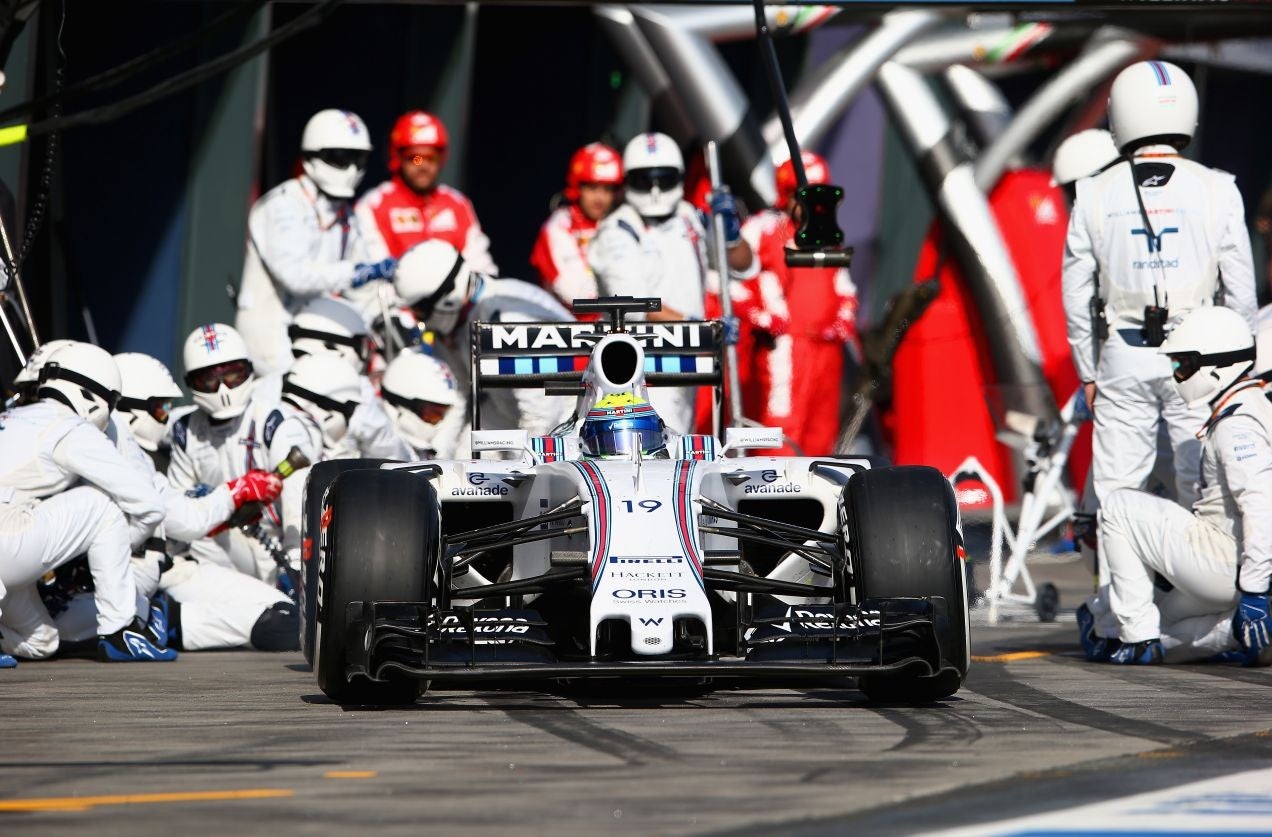There are no winners in a race between the arts and sport
We should be allowed to be passionate about both


I love the arts. I also love sport. And I don’t think I am unique in having a passion for both activities. In fact, I think there are millions of us who do. And yet, there are still those who love to pit the one against the other, who find it unthinkable that anyone could enjoy what they see for some bizarre reason as incompatible pleasures.
The latest person to put arts and sport head to head is Roger Mosey, the former head of BBC Sport and of Radio 5 Live, and now the Master of Selwyn College, Cambridge. He told Radio Times that sport had unfairly borne the brunt of cost cutting. He said: “The loss of Formula One on TV and the slashing of BBC3’s budget are hitting the same younger audiences. The affluent heartland audiences are protected, and the arts world indulged, while sport is raided.”
Ah, what a lot of depressing assumptions there are in just two sentences. On one side of this conflict in the Mosey scenario is the indulged, affluent arts world. (And there was me thinking that far from being indulged by TV, the arts world had precious little classic drama given to them, precious little work by the great contemporary playwrights, and not a lot of opera or dance).
On the other side of the conflict, apparently, are ‘younger audiences’ and sports lovers. So, younger audiences don’t love the arts. To be a TV arts fan you have to be older, from the affluent heartland (whatever that is) and, of course, indulged.
It’s a false conflict, as well as being ‘unhelpful’ as politicians tend to say on the Today programme, which Mr Mosey once edited.
Yes, the BBC is cutting sport too much. And it is right to lobby for a reversal of some of these cuts. But why is there a need to contrast the state of BBC sport with the corporation’s arts coverage, let alone exaggerate the quality and quantity of that coverage? Why isn’t Mr Mosey arguing, for both sport and arts to have bigger budgets and more programmes? He should be putting these two life-enhancing activities together as part of the same argument for more investment, not using them to compete with each other. He should also accept that the young love the arts, as do people from all income brackets.
Presenting the arts and sport as polar opposites, and their TV audiences as old and indulged on one side and young and neglected on the other is to ignore reality. There are an awful lot of us, young and old, who see both arts and sport as vital parts of our lives. I suspect that if Mr Mosey takes a peek at what his students are viewing on the TVs in Selwyn College, he might even find quite a few watching arts programmes. I hope he will forgive them.
I heard Newsnight today...Oh Boy!
I trust that in its treatment of culture, the BBC will be a little more accurate than Newsnight was last week in its piece on the death of Sir George Martin. A largely fine piece ended by leaving all Beatles fans open-mouthed, as it rhapsodised about how George Martin had “added lush harmonies” and expansive orchestration to Paul McCartney’s "The Long and Winding Road". Not only was this song on the only Beatles album not produced by Sir George, it was also the case that McCartney never forgave the album’s actual producer Phil Spector for adding that orchestration without his knowledge. Let’s hope Sir Paul wasn’t watching.
What is it with directors and revolving stages?
A bewildering trend among theatre directors is the desire to have the stage constantly revolving. It happened with A Streetcar Named Desire with Gillian Anderson at the Young Vic and meant that for certain periods one looked at the back of a wall. I guess that’s expressionism. Now it’s happening with the Almeida theatre’s excellent Uncle Vanya, which I caught up with this week. I’m a little unsure what was gained by the stage revolving. I only know that there was always a mightily distracting creaking noise each time it did revolve, and at one key point when one character said to another "Don’t give me that look", I couldn’t see the look because a wooden pillar had just revolved around to block my view. Let’s go back to static stages. Please.
d.lister@independent.co.uk/twitter.com: davidlister1

Join our commenting forum
Join thought-provoking conversations, follow other Independent readers and see their replies